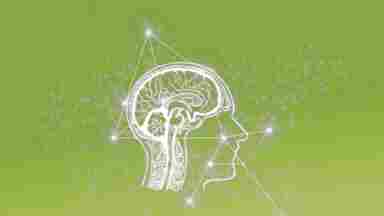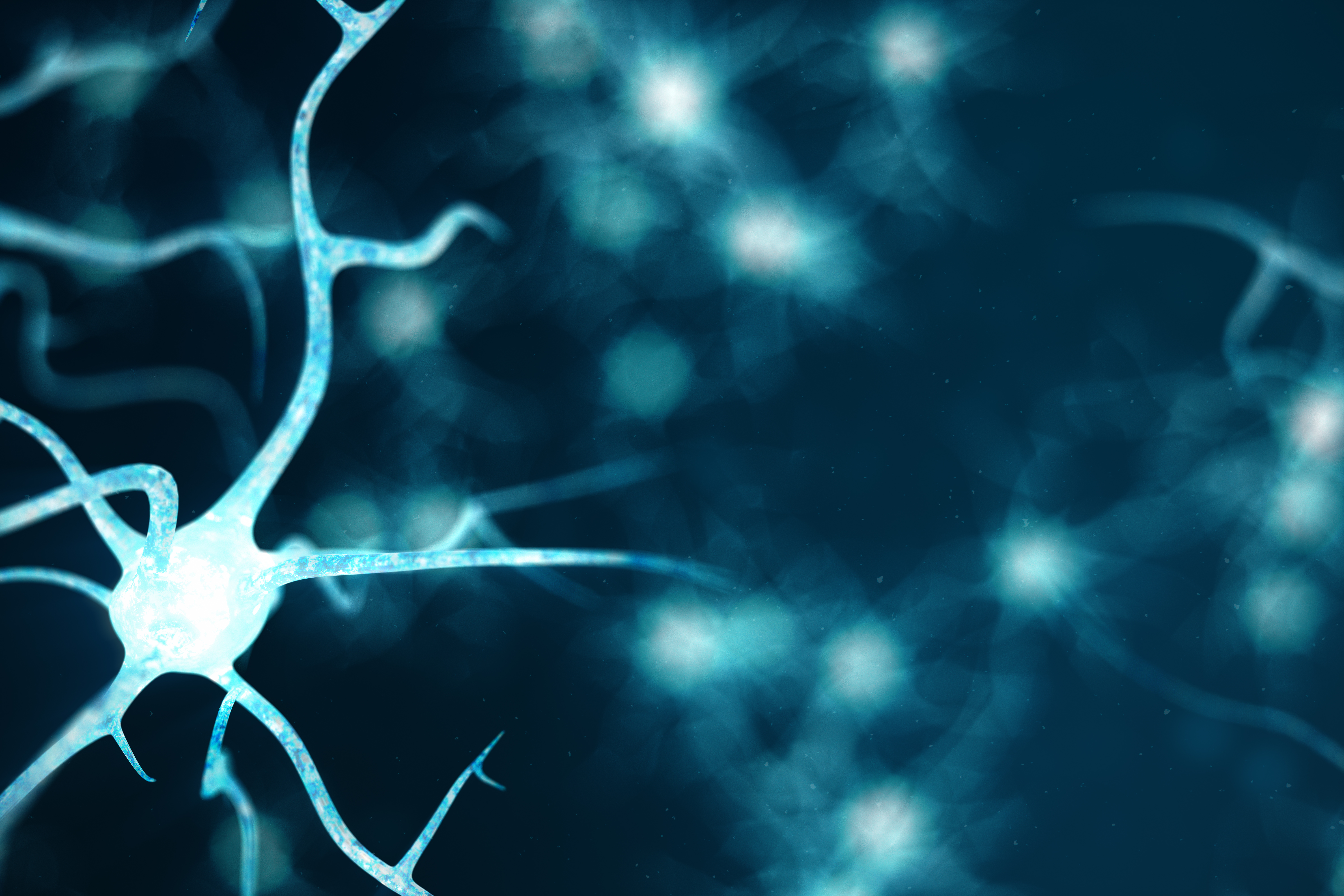
Brain Connectivity in Cannabis Users
NeuroscienceNews.com
Center for BrainHealth
Share this article

Francesca Filbey, PhD
Bert Moore Endowed Chair and Professor, School of Behavioral and Brain Sciences Director, Neuroimaging of Reward Dynamics (NiRD) Lab
RELATED INFORMATION

Weeding Through Marijuana's Effects on the Brain
Determining causality in research takes time, but recent research provides valuable insight into possible effects of marijuana use on brain structure and function.